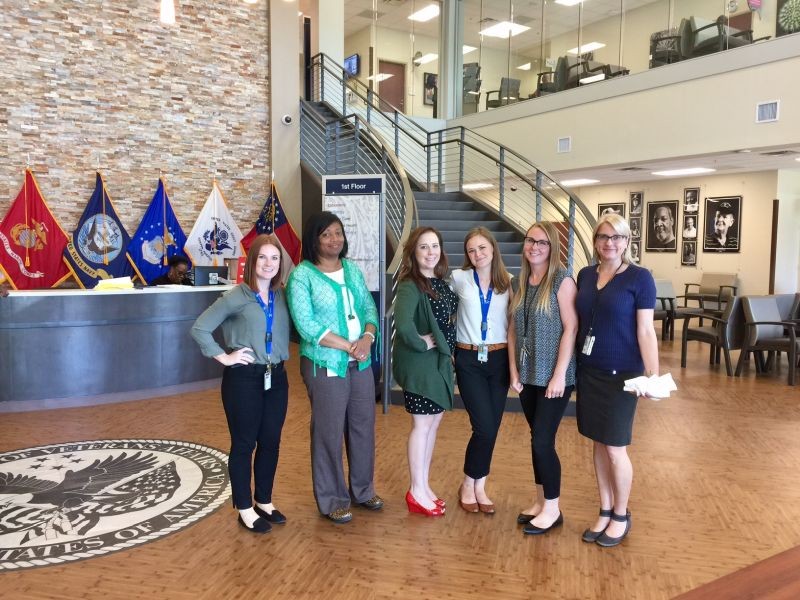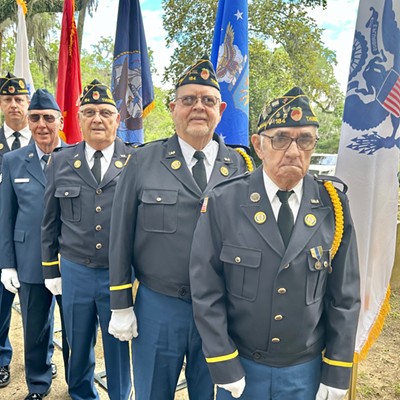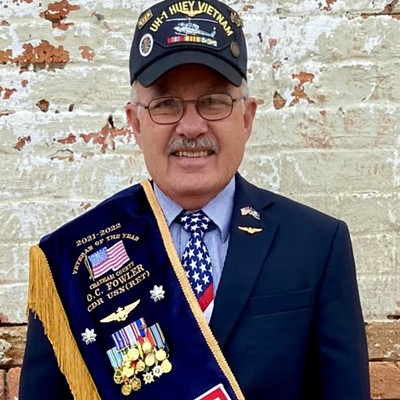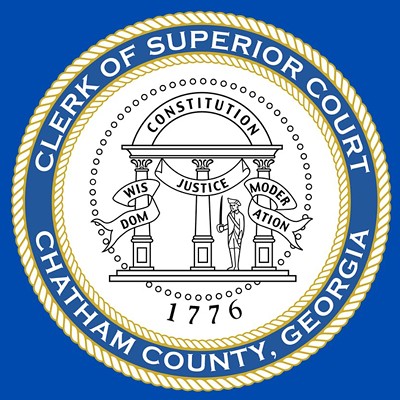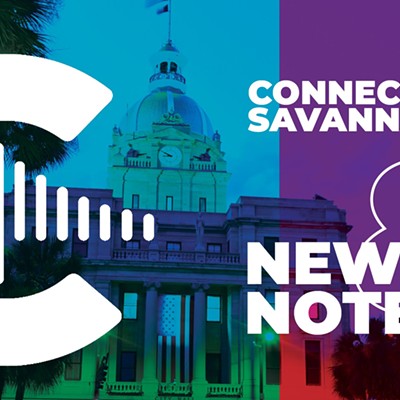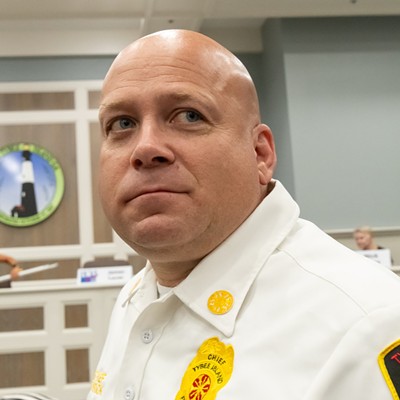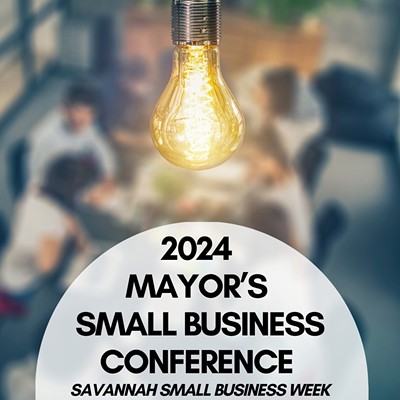THIS Saturday, Nov. 11, we honor the 22 million veterans who have served in the United States armed forces with parades, speeches and gratitude for their service.
But no Veteran’s Day tribute can be complete without acknowledging the challenges veterans face at home. The effects of post-traumatic stress disorder (PTSD) can last for decades and are linked to low employment, domestic violence, homelessness, drug and alcohol abuse, and shocking rates of suicide.
Studies report that 20 percent of veterans returning from Iraq and Afghanistan experience PTSD, though many experts suspect the rates are much higher. More than half don’t seek treatment.
Under the Obama administration in 2013, the VA partnered with the Dept. of Defense to create the Consortium to Alleviate PTSD, which provided more than $45 million to “advance PTSD diagnosis, prevention and treatment for service members and veterans.”
That funding has generated dozens of clinical trials around the country, including a new PTSD and substance abuse study currently being conducted at the VA clinics in Savannah and Charleston.
Veterans with PTSD are two to four times as likely to develop dependence on drugs and alcohol than those without, and the co-occurrence of both conditions is high: According to the Dept. of Veterans Affairs (VA), 84 percent of Vietnam veterans with PTSD meet the criteria for alcoholism, and among vets who served in Vietnam or later, more than 46 percent of those with drug and alcohol problems are also diagnosed with PTSD.
The Patriot Study seeks to develop treatment by examining the efficacy of doxazosin, an FDA-approved medication normally used to treat high blood pressure. Preliminary research has shown that doxazosin can also have positive ancillary benefits that apply to veterans.
“Based on animal models and pilot studies that have been done on humans, there’s enough to suggest that it may reduce PTSD symptoms and cravings for substances,” explains Dr. Sudie Back, the principal investigator on the study and a Psychiatry and Behavioral Sciences professor at the Medical University of South Carolina (MUSC).
“Those who have already gone through [the study] are seeing a reduction in their symptoms, and there have been few dropouts, meaning the medication is tolerable and has a low side effect profile.”
MUSC oversees the Patriot Study (“Patriot” is an acronym for PTSD and Alcohol Treatment Research in Outpatient Trials) at both the Ralph H. Johnson VA in Charleston and and the Savannah VA Primary Care Clinic on Shawnee Street.
Local veterans are encouraged to apply, and recruits don’t need to have a previous diagnosis of PTSD or substance abuse. A full baseline evaluation is conducted before treatment.
Qualifying veterans take doxazosin (or a placebo) for 12 weeks followed by a six-week post-treatment assessment and can take part in the study alongside any other existing treatments they are receiving. It’s completely free to participate, and vets can earn up to $725 over the course of the trial as compensation for their time and travel.
“It’s very exciting to have another large study in Savannah now that Progress Study is finished,” says research study coordinator Michelle Pompei, referring to another clinical PTSD trial that ran at the Savannah VA from 2013 through earlier this year.
“While the studies aren’t related—except that they are both examining PTSD treatments—it’s great to be able to offer additional treatment options to veterans. Often, this is enough of a carrot to get them through the door, because even if the research isn’t a good fit, we get them established with mental healthcare here.”
The new, state-of-the-art Savannah VA clinic opened last year, expanding and improving local medical care for veterans who used to have to travel to Charleston for certain doctor visits and procedures. The Savannah clinic also offers a full range of psychiatric, psychological and social services for veterans in addition to several ongoing clinical trials.
It’s the combination of all of those treatments and services that will actually make a difference to veterans, says Dr. Back.
“In the real world, you wouldn’t just give someone suffering from PTSD and substance dependence a medication,” vows the researcher, who obtained her training in substance abuse disorders from Yale School of Medicine.
“The idea is to help develop good cognitive and behavioral coping skills in addition to what the medication can do.”
The medical trial is part of a comprehensive treatment plan at the VA, and Dr. Back notes that participants can pursue different avenues of care without disrupting the “internal validity” of the study.
“Those in the study must be able to continue their therapy as usual, if they’re receiving it. If they’re not, we will make sure we provide that support.”
Millions of men and women who have served in the U.S. military continue to experience PTSD and turn to drugs and alcohol to cope, which can lead to further instability at home and work. The VA has the infrastructure and ability to help, but it can’t conduct its research without the veterans themselves.
“Veterans are not doing well across a variety of different areas,” acknowledges Dr. Back, who has been working with veterans for more than a decade. “These clinical trials are one of the only ways to develop effective treatments for what affects veterans the most.”
The trials are also a way to invite veterans to seek help without stigma of weakness as well as contribute to the greater well-being of fellow vets. Dr. Back points out that the results of the Patriot Study and other PTSD research have far-reaching benefits for others.
“If they don’t want to seek treatment for themselves—for whatever the reason, they believe they can tough it out, they don’t want to burden anyone—they should remember that they’re really helping at another level,” she reminds.
“They’re using their life experiences to help other veterans.”

